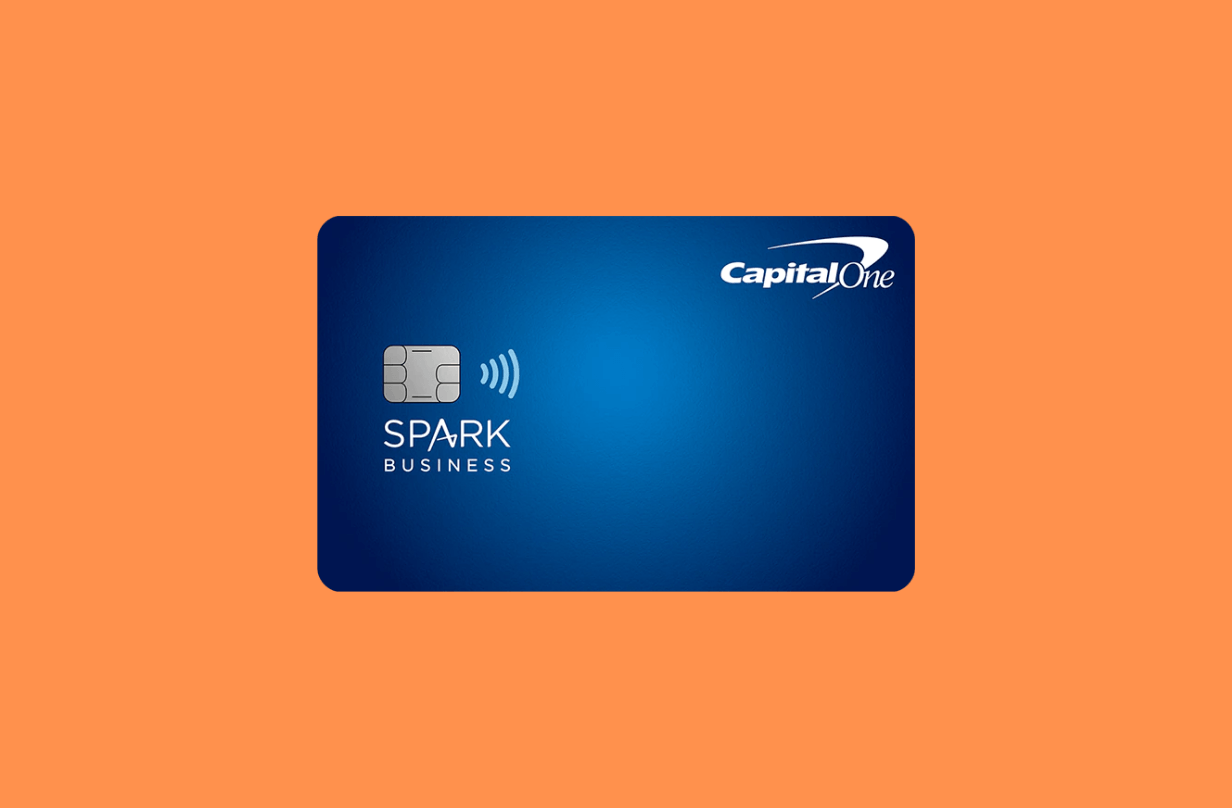The Pros and Cons of Using Credit Cards for Credit Building

Understanding the Impact of Credit Cards on Personal Finance
Credit cards, when wielded wisely, can serve as a crucial instrument in building a sound financial future. They not only facilitate daily transactions but also play a pivotal role in establishing a robust credit history, which is essential for various financial endeavors. However, harnessing their potential requires a nuanced understanding of both their benefits and inherent risks.
Pros of Using Credit Cards:
- Establish Credit History: By consistently using a credit card and making timely payments, individuals can develop a favorable credit history. This history is a critical factor in determining credit scores, which can influence loan approval and interest rates in the future. For instance, a high credit score can mean lower mortgage rates, saving thousands over the life of a loan.
- Rewards and Cashback: Many credit cards in the United States come equipped with attractive rewards programs. These can include cashback on purchases, points redeemable for travel, or partnerships with various retailers for discounts. For example, a card offering 2% cashback on groceries could provide significant savings for a family that spends heavily on food each month.
- Emergency Funds: Life is unpredictable, and financial emergencies can arise unexpectedly. Credit cards can provide a much-needed financial cushion during such times. For instance, if an unexpected car repair bill occurs, a credit card can help one manage expenses without immediately depleting savings.
Cons of Using Credit Cards:
- High-Interest Rates: One of the most significant downsides of credit cards is the potential for high-interest rates. If a user carries a balance month-to-month, they may find themselves accumulating interest charges, leading to debt spiraling out of control. For example, a $1,000 balance with an 18% APR can result in nearly $200 in interest if only the minimum payments are made over time.
- Potential for Overspending: The convenience of credit cards can easily lead to overspending. Many users may find it tempting to purchase items they cannot afford upfront, relying on credit to make their purchases. This behavior can lead to accruing debt that is challenging to repay, especially if spending habits are not monitored closely.
- Credit Score Impact: Timely payments are essential. Failing to make payments on time can have a significant negative impact on credit scores, leading to higher interest rates and more challenging borrowing conditions in the future. Even a single missed payment can stay on a credit report for up to seven years, affecting an individual’s financial health long-term.
With the right knowledge, individuals can leverage credit cards to enhance their financial standing while avoiding common pitfalls. Exploring various credit offers, understanding terms, and being disciplined with spending can lead to maximizing benefits while minimizing risks. As you navigate the complexities of personal finance, it’s essential to weigh these factors carefully, setting the stage for a strong and sustainable financial future.
LEARN MORE ABOUT: Click here for essential safety accessories for your pet
Maximizing Benefits While Minimizing Risks
Navigating the world of credit cards can often feel like walking a tightrope; one misstep can lead to financial pitfalls, while a steady hand can yield benefits that significantly boost one’s financial standing. Understanding the pros of using credit cards for credit building is essential in leveraging their potential while remaining vigilant of the associated cons.
Pros of Using Credit Cards:
- Access to Credit Use History: Credit scores are calculated primarily based on credit utilization, which tracks how much of your available credit you use. By keeping this ratio below 30%—ideally around 10%—individuals can improve their credit scores, showcasing responsible credit management. A consistent pattern of low utilization can signal to lenders that an individual is a low-risk borrower.
- Credit Mix and Score Improvement: Credit scoring models consider the variety of credit types an individual has. Incorporating a credit card into the mix, alongside other forms of credit such as loans, can enhance one’s credit profile. For instance, individuals with a good mix of credit may experience higher scores, making them more favorable candidates for future loans.
- Setting Payment Reminders: Many modern credit card issuers offer tools that help individuals manage their payments. With automatic payment options and alerts for upcoming due dates, users can ensure they never miss a payment. Regular payment reminders help not only in avoiding late fees but also in strengthening credit history.
- Sign-Up Bonuses: Many credit cards offer lucrative sign-up bonuses, which can provide new cardholders an initial boost in rewards. This can come in the form of cash back or travel points simply for meeting a minimum spending requirement within a specified timeframe. For instance, a card offering a $200 bonus for spending $1,000 in the first three months can effectively provide value without additional cost.
Cons of Using Credit Cards:
- Debt Accumulation Risks: The allure of credit cards can sometimes cloud judgment, leading individuals to spend excessively. For those who may struggle with self-control, this can quickly result in accruing high debt. A report from the Federal Reserve indicates that Americans collectively hold over $1 trillion in credit card debt, with many not able to pay it off monthly.
- Fees and Penalties: Credit cards often come with various fees, ranging from annual membership dues to foreign transaction fees. Moreover, missing a payment can trigger hefty late fees and increase the interest rate on existing balances—making it even harder to manage debt. The average penalty for late payments can reach $39, adding to the financial burdens.
- Impact of Hard Inquiries: When applying for a new credit card, issuers typically conduct a hard inquiry on the applicant’s credit report. This process can temporarily lower one’s credit score, indicating to lenders a recent pursuit of credit. While this drop is usually minor and recovers over time, multiple inquiries within a short period can have a more pronounced negative impact.
Mastering the use of credit cards is rooted in understanding their dual nature. For those willing to educate themselves and practice disciplined financial behaviors, the path to building a strong credit history is paved with opportunity. Meanwhile, awareness of potential pitfalls ensures that these financial tools don’t become burdensome liabilities.
DISCOVER MORE: Click here to learn about the pet adoption process
Long-Term Effects on Financial Health
While immediate benefits and drawbacks of using credit cards for credit building are essential to understand, the long-term effects can be equally significant. The decisions made today regarding credit card usage may reverberate through an individual’s financial landscape for years, creating both opportunities and challenges along the way.
Pros of Long-Term Credit Management:
- Establishing a Credit Lifetime: Credit scores are fundamentally a reflection of one’s credit behavior over time. By maintaining a credit card and utilizing it responsibly, individuals can build a robust credit history that reflects long-term financial reliability. This history contributes significantly to a higher credit score, which is critical when it comes time to apply for major loans, such as a mortgage.
- Rewards and Perks Accumulation: Credit cards often come with various benefits that grow with continued use. Many cards offer rewards programs that allow users to earn points or cash back on every purchase. Over time, these benefits can accumulate into substantial savings or perks, such as free flights or hotel stays. For frequent travelers, utilizing a travel rewards card can result in easily accessible upgrades and deals.
- Diverse Financial Opportunities: A strong credit profile opens doors to various financial products with better terms. Individuals with higher credit scores are often approved for loans with lower interest rates, saving them significant amounts over time. This includes not just credit cards or personal loans, but also auto loans and mortgages, where even a fraction of a percent difference can translate into thousands of dollars saved.
Cons of Long-Term Credit Mismanagement:
- Potential for Lifelong Debt: Mismanagement of credit cards can lead to a cycle of debt that takes years, if not decades, to break. For some individuals, reliance on credit cards may result in a growing balance due to high-interest rates, ultimately trapping them in a financial quagmire. The burden of repayments can prevent them from pursuing other financial goals, such as saving for a home or retirement.
- Credit Score Vulnerability: While a strong credit score can open doors, a single misstep—like a missed payment—can lead to a significant drop in creditworthiness. It can take months, even years, to recover from a damaging event like this. Moreover, a drop in credit score because of poor management can lead to higher interest rates in the future, compounding financial struggles.
- Dependence on Credit Culture: Over time, individuals may become overly reliant on credit for their day-to-day spending. This dependence can create a lifestyle where living within one’s means becomes challenging, as credit cards may encourage spending beyond one’s financial capability. This behavior can lead to financial instability, making it essential for users to strike a balance between credit usage and personal budgeting.
Understanding these long-term implications of credit card usage is crucial for anyone seeking to build a positive credit history. While the benefits can lead to valuable rewards and favorable financial opportunities, the potential consequences of mismanagement can be severe, necessitating responsible financial habits and ongoing education.
DISCOVER MORE: Click here to learn effective socialization techniques
Conclusion
In the intricate landscape of personal finance, the decision to use credit cards as a tool for credit building brings with it a blend of advantages and pitfalls that one must navigate carefully. The journey of establishing a strong credit history can indeed yield long-term financial rewards, from enhancing your eligibility for loans with lower interest rates to accumulating enticing rewards and perks that can enrich your everyday spending experiences. For individuals keen on optimizing their credit profiles, maintaining responsible credit card habits is paramount. This means making timely payments and keeping credit utilization in check, transforming these shiny pieces of plastic into invaluable financial assets.
Yet, the path is fraught with potential risks. The danger of lifetime debt looms large for those who succumb to the temptation of overspending. Mismanagement can erode the foundation of a healthy credit score and lead to financial distress that may take years to overcome. Moreover, the lurking danger of dependence on credit can slowly shift one’s relationship with money, making it increasingly difficult to discern between necessary expenditures and indulgent purchases.
Ultimately, the decision to wield credit cards as a means of building credit should come with a commitment to financial literacy and self-discipline. Each person’s financial situation is unique, and careful assessment of one’s ability to responsibly manage credit is essential. As you explore credit card options, educating yourself about terms, fees, and potential benefits will empower you to make informed choices. Journeying into the world of credit cards with both eyes open can pave the way to a resilient financial future, but it requires diligence and a keen sense of awareness.


